Cargo bikes are experiencing a resurgence, becoming an essential part of urban life across cities worldwide. Whether for deliveries, family transportation, or business use, cargo bikes have proven their value. But their modern appeal hides a long history, stretching back over a century. What is driving this surge in popularity, and what can we learn from the past? This article explores the evolution of cargo bikes and how they continue to shape the future of sustainable urban transport.
The Rise of Cargo Bikes: A Global Trend
A Growing Market for Sustainable Transport
The popularity of cargo bikes is rapidly increasing, and it’s easy to see why. Not only do they offer environmental benefits, but they are also cost-effective and versatile. According to Future Market Insights, the global market for cargo bikes was valued at around $1 billion in 2020 and is expected to grow to $2.4 billion by 2030, reflecting a compound annual growth rate (CAGR) of 11.6% from 2021 to 2030.
In Europe, the trend is evident in the rising sales numbers. In 2018, around 18,000 cargo bikes were sold in the European Union, and by 2020, that number had nearly tripled to around 45,000 units. In Germany, cargo bike sales hit an impressive 103,000 units in 2022, showing the continued trust in these vehicles as a reliable, eco-friendly alternative to traditional delivery vehicles.
Cargo Bikes in Modern Logistics
Businesses are increasingly adopting cargo bikes for their fleets, recognising their potential for efficient, urban-friendly logistics. For example, DHL Express has integrated cargo bikes into its GoGreen fleet to help reduce carbon emissions, while Belgium's Coolblue has introduced its own bike delivery service to capitalise on the efficiency and flexibility of cargo bikes in urban environments.
Renu Jinturkar, Senior Product Marketing Manager, explains: “Introducing two wheels, or expanding the fleet to include different kinds of vehicles, goes beyond just improving efficiency. Cargo bikes are vital in cities where transport relies heavily on two-wheelers, helping to meet customer expectations and reduce delivery barriers.”
The Origins of Cargo Bikes: A Rich History
From the Late 19th Century to the Present
Cargo bikes, also known as freight bicycles or utility bicycles, have been around since the late 19th century. European businesses were already using freight tricycles for deliveries before the safety bicycle was invented in the 1880s. This new bicycle design sparked a wave of innovation, with entrepreneurs experimenting with ways to transport goods using two-wheeled vehicles. The bakfiets, or "box bike," from the Netherlands became one of the most famous early models, designed specifically for transporting goods.
Cargo Bikes in the United States and Europe
During the “Great Bicycle Craze” of the 1890s in the United States, the safety bicycle made cycling more accessible, and cargo bikes emerged as practical solutions for transporting heavy loads across urban areas. In Europe, particularly in cities like Rotterdam and Amsterdam, cargo bikes were used to deliver fresh milk and groceries until just after the Second World War. Even in wartime, these sturdy bicycles played a crucial role in logistics and resistance efforts, proving their value beyond everyday use.
The Christiania Bike: A Modern Classic
One of the most iconic modern cargo bike designs is the Christiania bike, which originated in the 1970s. Designed by Danish blacksmith Lars Engström and his wife Annie Lerche, it was initially created as a personal solution to transport their children around Copenhagen. The design quickly gained popularity, and today, the Christiania bike can be seen in cities worldwide.
The Comeback of Cargo Bikes: Overcoming Modern Challenges
A Resilient Design Reborn
In the mid-20th century, cargo bikes lost favour as motor vehicles became more popular. However, the oil crisis and growing environmental concerns in the 1960s and 1970s led many to revisit the cargo bike as a more sustainable and cost-effective transport option. This resurgence laid the groundwork for the modern-day cargo bike revolution, with manufacturers continuously innovating to meet the demands of urban environments.
A Versatile Solution for Urban Mobility
Today, cargo bikes are increasingly seen as a solution for urban mobility. As cities face traffic congestion, pollution, and restrictive emissions regulations, cargo bikes offer an efficient alternative to traditional delivery vehicles. Companies like FedEx, DHL, UPS, and Amazon have all integrated cargo bikes into their fleets for last-mile deliveries, improving delivery times and reducing their environmental impact.
The Future of Cargo Bikes: Transforming Urban Transport
Environmental and Economic Benefits
The environmental benefits of cargo bikes are undeniable. By reducing emissions and decreasing traffic congestion, cargo bikes offer a cleaner, more sustainable solution for urban logistics. This is particularly important as businesses and governments focus on reducing their carbon footprints and meeting climate goals.
The UK government is actively supporting this shift with its Transport Decarbonization Plan, which encourages the adoption of electric cargo bikes for last-mile deliveries. Similarly, Transport for London has introduced the Cargo Bike Action Plan, highlighting the benefits of cargo bikes as a safe, cost-effective, and environmentally friendly option for city logistics.
The Role of Electric Cargo Bikes in the Future
With the rise of electric cargo bikes, the potential for more efficient, longer-distance deliveries is expanding. These e-bikes help overcome some of the traditional limitations of manual cargo bikes, such as hilly terrain and longer commutes, making them an even more viable option for businesses and individuals alike.


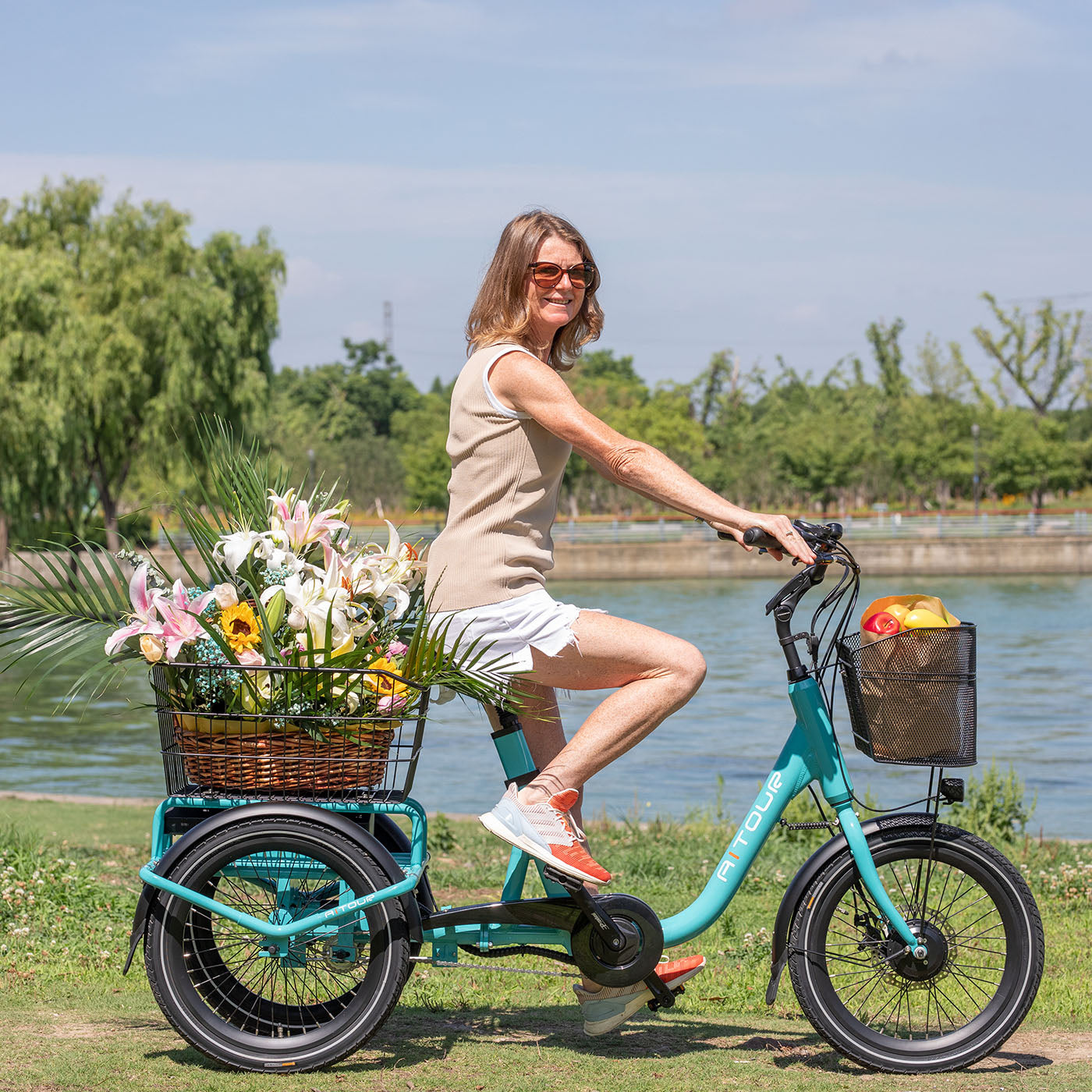
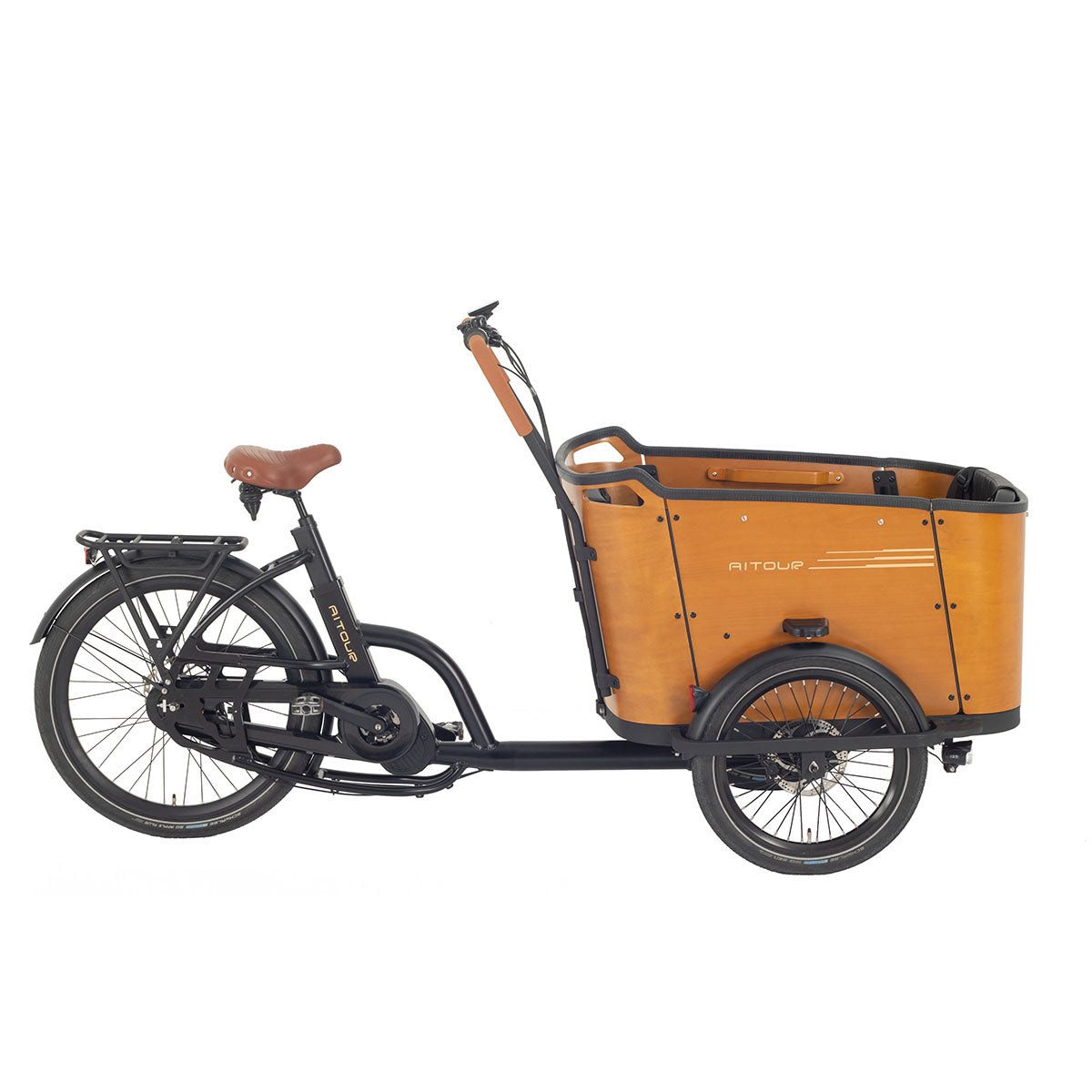
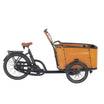
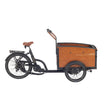
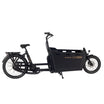
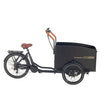

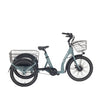

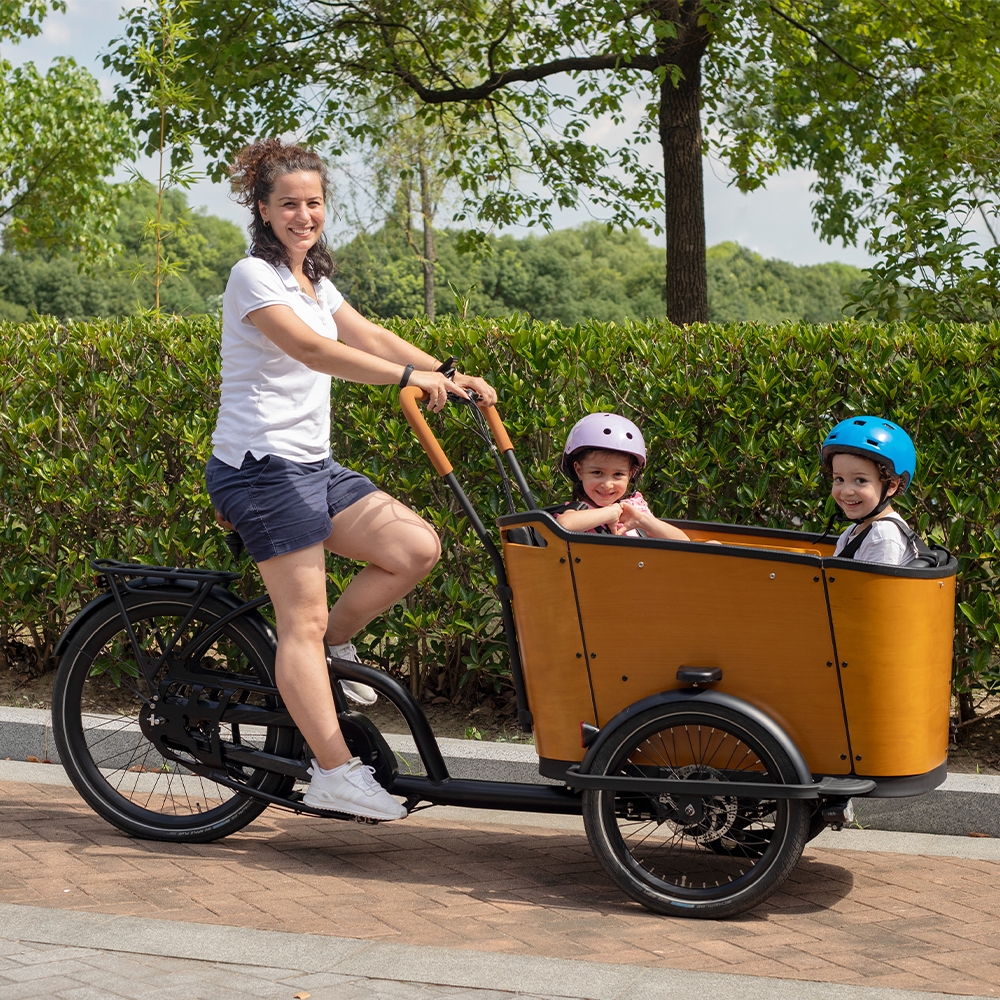
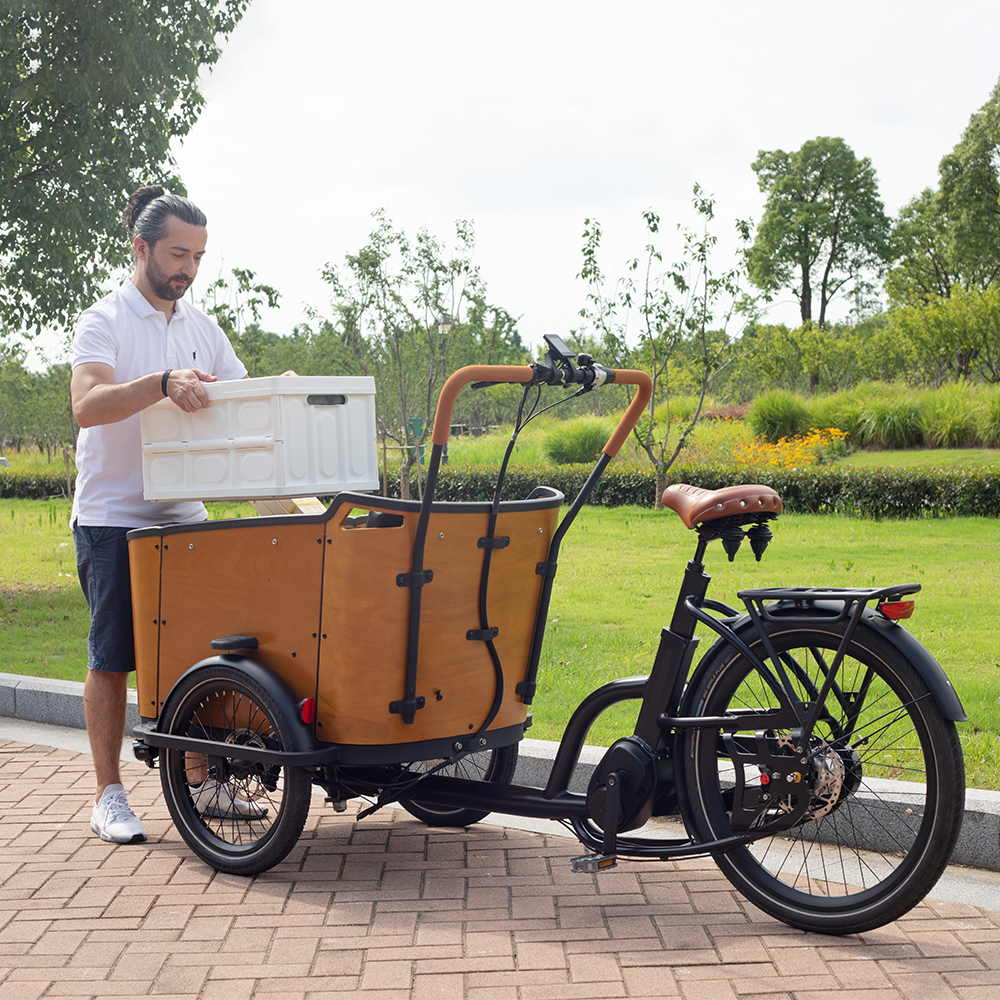
Hinterlasse einen Kommentar
Alle Kommentare werden vor der Veröffentlichung geprüft.
Diese Website ist durch hCaptcha geschützt und es gelten die allgemeinen Geschäftsbedingungen und Datenschutzbestimmungen von hCaptcha.